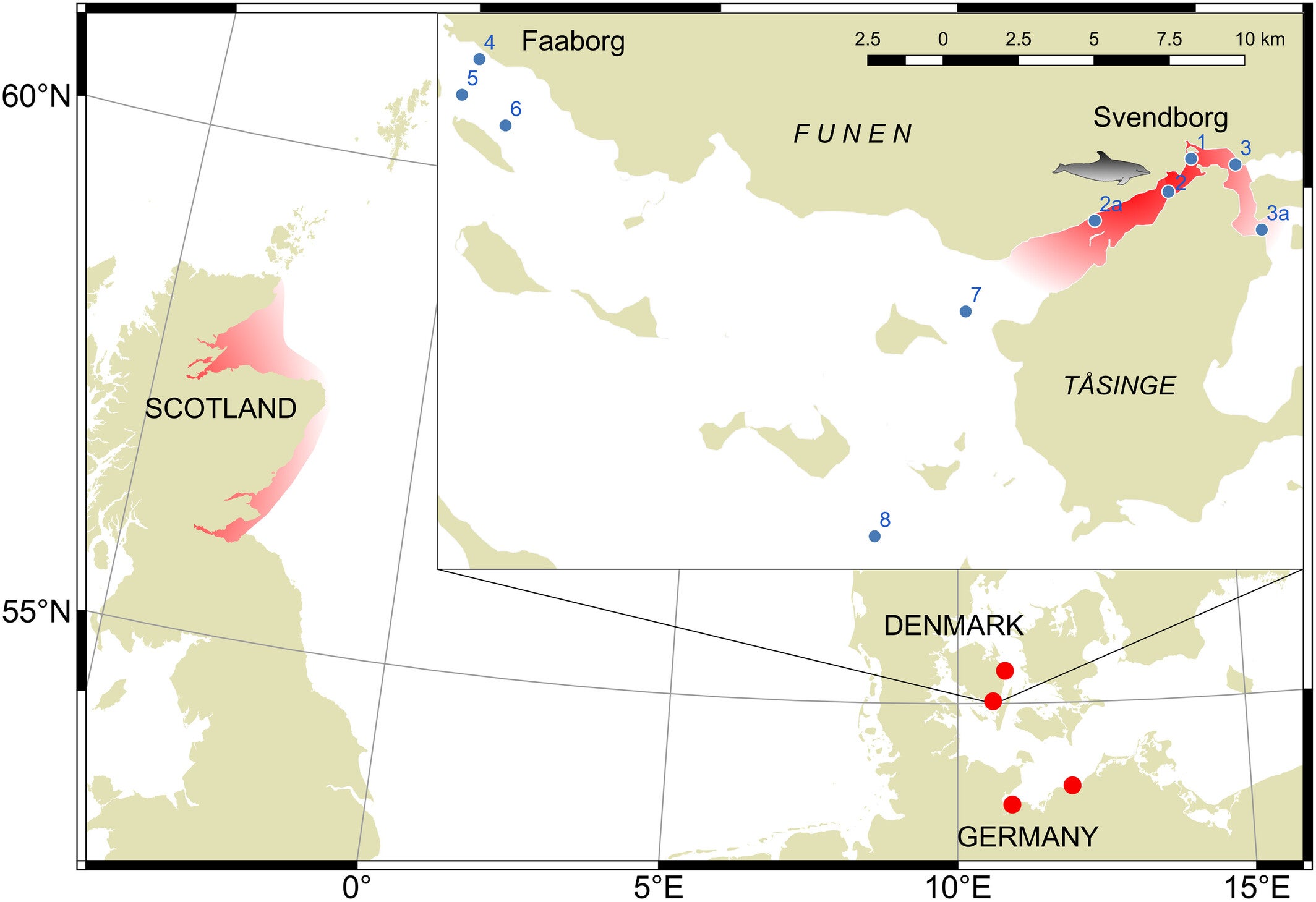A solitary bottlenose dolphin in the Baltic Sea has grown so lonely and devoid of companions that it may have started “talking” to itself, a new study suggests.
The male dolphin, named Delle by locals, has been spending time in the Svendborgsund channel in Denmark, far outside the usual range of the species.
Bottlenose dolphins are highly social animals known for cooperating in various behaviours like hunting and mating. Their complex communication practices suggest they thrive in groups.
They are also known to call each other using “signature whistles”, which help identify the caller in a way similar to using a personal name.
The presence of a solitary individual from such a social species in the channel has perplexed scientists.

A study earlier this year revealed that Delle might be linked to the displacement of porpoises in the Baltic Sea. Scientists aimed to investigate Delle’s behaviour further to understand how his presence might be affecting the channel’s other marine inhabitants.
In the latest study, they used underwater recording devices to pick up Delle’s vocalisations.
The devices picked up a range of different sounds made by the lone dolphin, including whistles, low-frequency tonal sounds, percussive sounds, and burst pulses.
Researchers sought to determine whether Delle’s calls exhibited “intentionality”, meaning they were aimed at provoking specific responses in others of his species.
Signals with intentionality are used by animals to alter the mental states of others, such as alarm calls to warn about predators. Highly intelligent and social animals, including apes and bottlenose dolphins, are known to produce such signals.
Despite their efforts, researchers found that Delle’s calls lacked intentionality, as there were no recipients for the signals in the channel.
They noted that the solitary dolphin was surprisingly vocal, producing sounds typically used to maintain contact and coordinate activities with other dolphins.
“If the dolphin’s solitary status was unknown, one might conclude that the recordings captured a group of three different dolphins,” they wrote. “It is highly unusual that the dolphin produced these sounds without any conspecifics present.”
Scientists said Delle’s vocalisations could be “emotional signals” or sounds serving functions unrelated to communication.
This form of “self-talk” could be a byproduct of an intrinsic need for social interaction, researchers concluded.
However, they admit they “lack a clear explanation” for the phenomenon.







